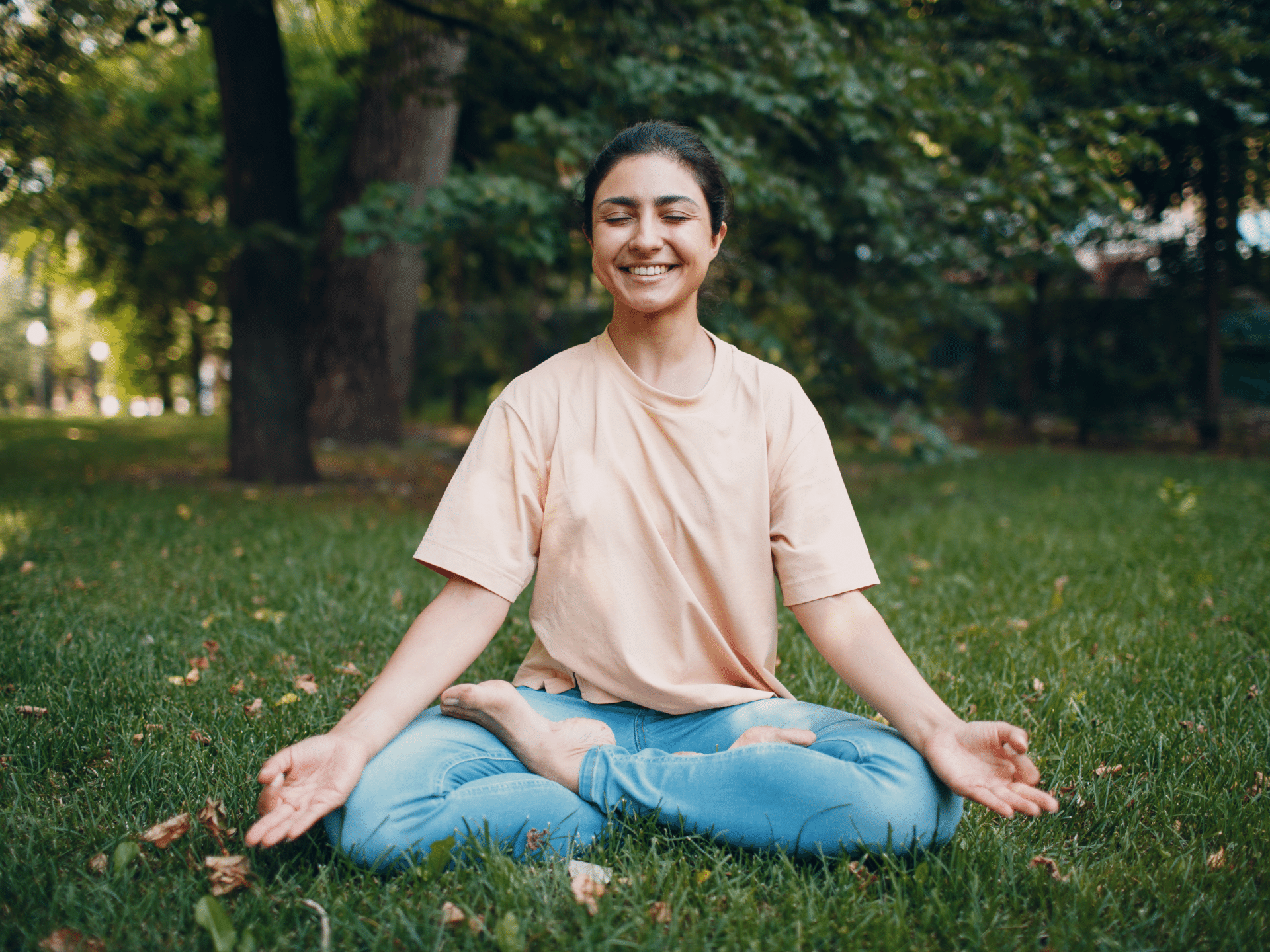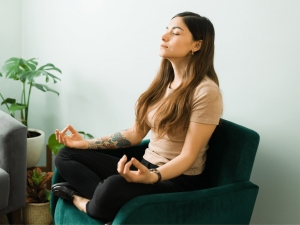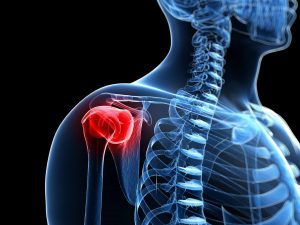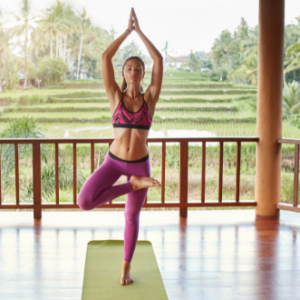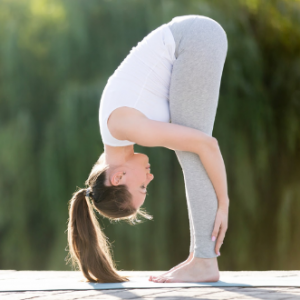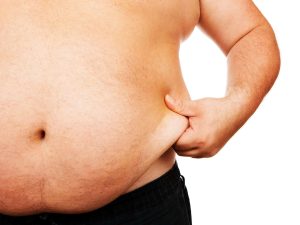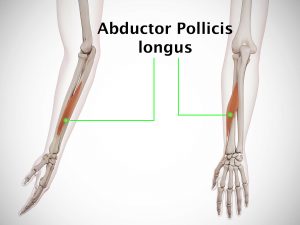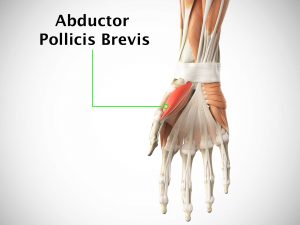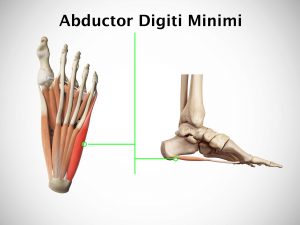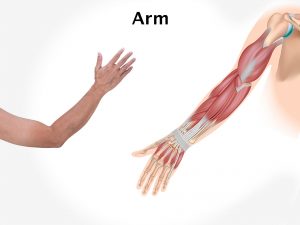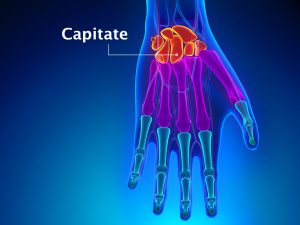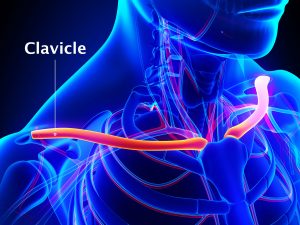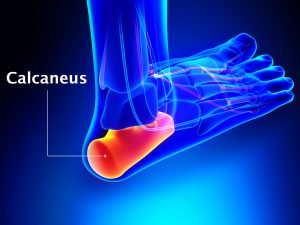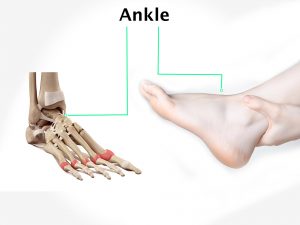Yoga as the whole world is aware, is possibly the greatest system of exercise ever devised by man. Possibly why, after nearly 3000 years of its existence it continues to attract millions because of the amazing physical, mental, and spiritual benefits that it confers upon a person.
Of course there are as millions others who want to give it a try but somehow think it is an occult Hindu practice thus impossible to attain by the average person. The images of levitating Himalayan yogis and other images associated with yoga sometimes raise a lot of doubts about it.
When it comes to teenagers they’d rather hang posters of John Cena and Sachin Tendulkar than Yogi Baba Ramdev. The typical teenager happens to think that the minimum qualifying age to indulge in Yoga would be 75. That’s because granddad does it every morning, and for the life of him, he just cannot understand how those strange snorting noises that they call pranayama could ever help anyone stay fit.
Making yoga teenager-friendly
Yoga is a system of exercise which can really work wonders on a teenager’s health from virtually every point of view. This is the time when your teen’s body and mind are developing and there are going to be some hormonal changes that will kick in soon. Yoga can certainly help a teenager cope with the changes thatare going to happen in their bodies and equip them to deal with life, play and study in innumerable ways.Of course, other forms of exercise too can help but Yoga not only develops the physique or muscles it gradually shapes the person mentally as well. Yoga works at both the gross and the subtle level as well. It affects the musculoskeletal system, endocrinal system, nervous system, parasympathetic system and just about every other system that makes the human body tick. Yoga can be used as a main form of exercise and also as a supplement to other forms like gym and sport. Here are a few basic yogasanas which can keep a teenager absolutely fighting fit and ready to take on the world.
Padamasana
Padmasana is the lotus pose and can be a challenge for your teenager. It is indeed a difficult pose to master but once mastered with regular practice can be the most relaxing and mentally uplifting of poses. This is what a teenager needs at this stage.
Method:
- Sit on the floor with legs stretched outwell. Warm up a little bit by shaking your feet sideways and flexing the knees so that you get ready for the Padmasana challenge!
- Now keeping your left leg outstretched flat on the floor, flex your right leg at the knee and draw it up and place it on the top of your outstretched left leg. Initially you may not be able to draw it up completely to the corner of your left hip and your knees might even be a bit sore but don’t despair.
- Once you have the right leg flexed and resting on the left leg it is time for the left leg to rest on the right thigh thus making it a cross-legged lotus position.
- Keep the back straight all the time and breathe evenly with your palms open and hands stretched over your knees.
- Maintain for about 30 seconds and gradually build up to a comfortable period.
- Slowly come out of the pose and repeat this time with the left leg over right leg first.
- Initially the pain in the knees will be excruciating so gradually build up practice and be consistent.
Benefits:
- Padmasana improves flexibility of the hip joints and knees.
- Improves confidence andeliminates lethargy.
- Can help concentration for extended periods.
- Aids digestion and building core strength.
- Makes the spine supple and flexible.
Paschimottasana
This is a forward-bending posture which has a profound effect on the entire body and mind of the teenager.
Method:
- Sit on the floor with legs stretched out. Keep the back absolutely straight and take a few deep breaths. Keeping your back as straight as possible exhale and slowly bend forwards from the hips and try and clutch your toes. Mind you this may not be easy as the body may be rigid, but with regular practice the hips will open up and the spine will be elongated enough for you to comfortably hold the toes. Let the index fingers be around the big toe and breathe deeply.
- From this position gradually lower the head towards the knees. The aim is to hold the toes with the hands and completely touching the forehead to the knees. The legs should be flat against the floor.
- Hold the asana for 30 seconds at first and work up to 5 minutes or more.
- Even if you cannot lower your forehead more than a couple of inches initially you are doing fine. With practice the hips and the shoulders will gain strength enough for you to attain the perfect position. Even if you are able to hold your toes while keeping the legs flat against the floor you will still get all the advantages of the full posture.
Benefits:
- Calms the mind.
- Improves concentration.
- Makes the spine, pelvis and back strong.
Vruksasana
This is the classical tree pose and instils tranquillity poise and balance in a teenager quite like nothing else can. A great asana indeed for grounding the hyperactive energies and channelizing them to more fruitful pursuits.
Method:
- Imagine a large oak tree. Solid, unshakeable and deeply rooted.
- Now stand straight with chest out and arms at your side with even breathing.
- Maintaining the straight posture bend the right foot and place it high on your left thigh and make sure it is firmly placed.
- All this while the left leg should not bend at the knee. Keep it ramrod straight.
- You might struggle to keep your balance but this asana is all precisely about balance, so rest assured once you get that balance it will be hard to topple you over.
- You can stretch your arms over your head or join them in a Namaste or prayer pose.
- Atthis point your body will be swinging wildly to maintain balance and your leg is going to give in, but try again and soon you will be able to hold a steady pose for about a minute.
- Your entire body should be straight like a majestic tree. Strong and unswerving.
- Now repeat the pose with the other leg so both sides are equally developed.
Benefits:
- Improves posture and confidence.
- Develops balance in both sides of the body.
- Strengthens the legs and core.
- Develops poise and grace.
Sarvanagasana
Sarvanga means the whole body. So Sarvangasana is a posture which engages every part of the body. It is also known as the shoulder stand and should be a part of every teenager’s everyday practice as it confers a range of benefits.
Method:
- Practisethis asana on a blanket or yoga mat.
- Lie flat on your back and breathe evenly.
- Slowly raise the trunk, hips and legs off the ground.
- Your back should be supported by your hands.
- Press your chin in space between your neck and chest and keep the body in astraight line.
- Hold the pose for about 30 seconds and gradually build to over 10 minutes.
- The body has to be completely still and you can even close your eyes as you perform this asana keeping your breath even.
- Gradually move out of the pose by lowering your legs and lowering your trunk back to the floor.
- Relax for about a minute before getting up.
Benefits:
- This posture ensures rich supply of blood to the nerves of the spine.
- The back receives a healthy stretch thus improving flexibility.
- Posture improves with regular practice.
- Exercises the thyroid gland.
- Rectifies any imbalance in the digestive system.
- Cures constipation and bladder trouble.
Suryanamaskar
Suryanamaskar is the best form of exercise. 12 suryanamaskars a day can form your entire workout package and you need not do any other exercise. Learn it from a good trainer, join a yoga class, or there are number of DVDs available.
Yoga is the only exercise system that can exercise your teen’s body, mind and soul. If performed regularly it can help pacify a hyper teen into a sweet gentle soul. Unbelievable? Help your teen get yoga power.
